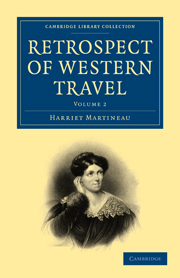Summary
“His extraordinary plans and expectations for himself might be of such a nature as to depend on other persons for their accomplishment, and might therefore be as extravagant as if other persons alone had been their object.”
—Foster's Essays.The romance of political adventure is generally found to flourish in the regions of despotism; and it seems a matter of course that there can be no room for conspiracy in a democratic republic, where each man is a member of the government, and means are provided for the expression of every kind of political opinion and desire. Yet the United States can exhibit a case of conspiracy, and a political adventurer such as might rejoice the souls of the lovers of romance. Scattered notices of Colonel Aaron Burr and of his supposed schemes are before the English public; but no connected history which might be depended upon appeared during his life. He died last year, and has left no relations; so that no reason now exists why every thing that can be learned about him should not be made known.
In 1795, Aaron Burr had attained to eminence at the New York Bar. He was about the same age as Alexander Hamilton, who was born in 1757, and their professional reputation and practice were about equal. Hamilton was the leader of the federal party.
- Type
- Chapter
- Information
- Retrospect of Western Travel , pp. 277 - 292Publisher: Cambridge University PressPrint publication year: 2010First published in: 1838

